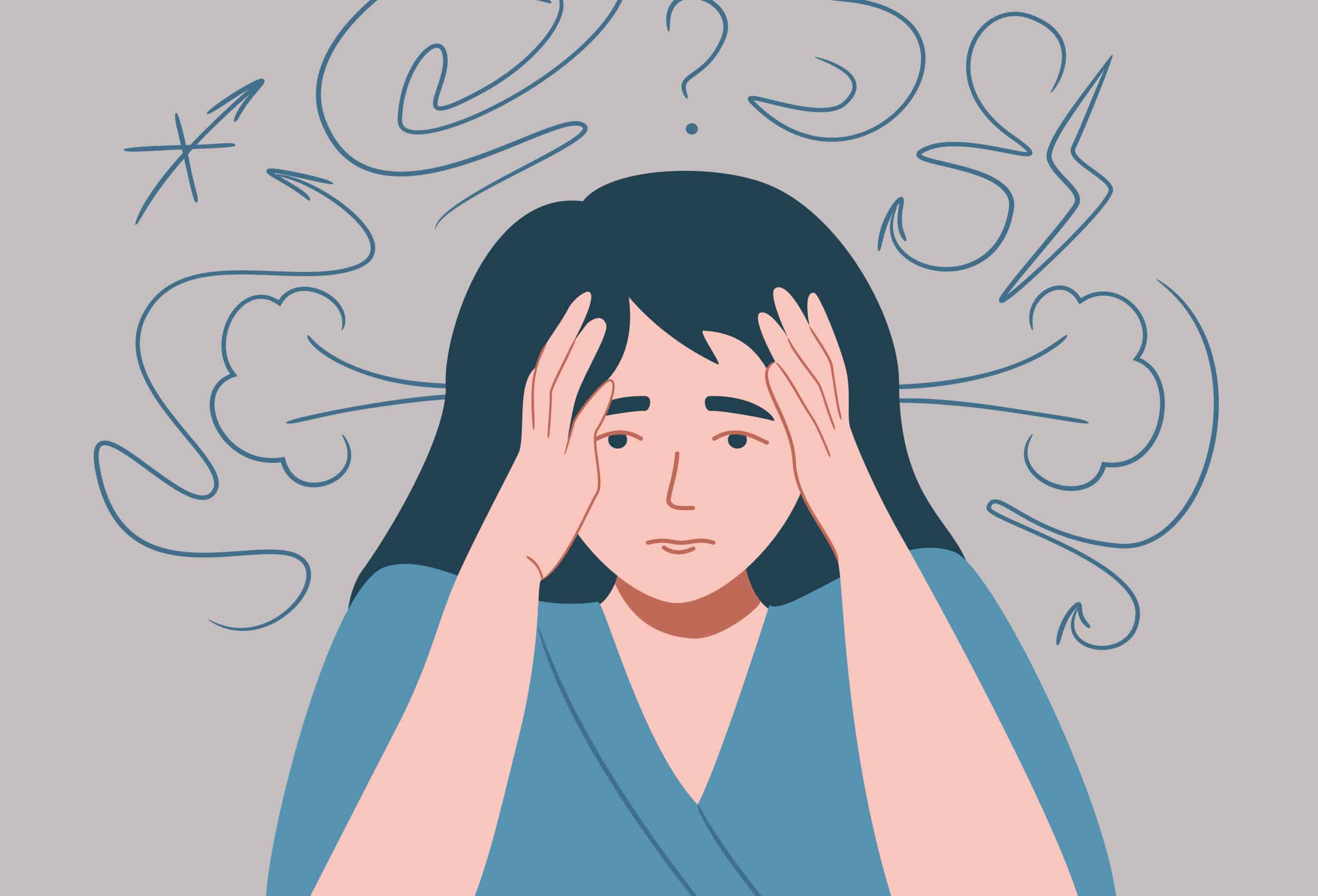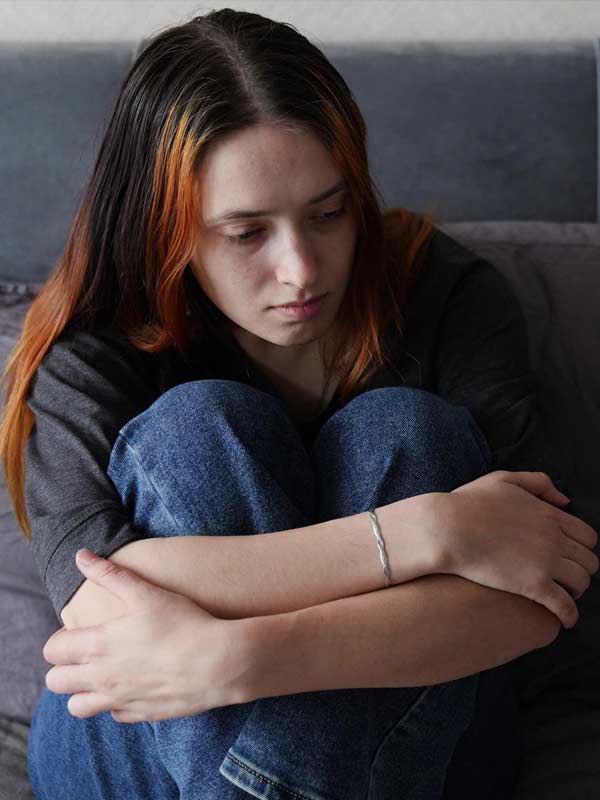Impulse Control Disorder Treatment in Orange County, CA

What Is an Impulse Control Disorder?
Impulse Control Disorders (ICDs) are conditions where a person has difficulty resisting the urge to do something harmful to themselves or others. These actions often bring temporary relief or gratification, but they can lead to long-term consequences like guilt, shame, debt, or legal issues. Some examples include Intermittent Explosive Disorder (uncontrolled anger), Kleptomania (compulsive stealing), and Compulsive Gambling. Unlike occasional lapses in judgment, ICDs involve repetitive patterns that disrupt everyday life. They may be linked to stress, trauma, brain chemistry, or co-occurring mental health conditions like ADHD or substance use.
"I didn’t understand why I’d explode over the smallest things. It was like something took over, and I became another person. In fact, I used to look for confrontation to feed this strange desire. The amazing team at Friendly helped me identify my triggers and break the cycle. I feel like the best version of myself."
– Daniel

Common Symptoms of Impulse Control Disorders
Symptoms vary based on the specific condition, but people often describe feeling “taken over” by an urge, followed by regret. If this feels familiar, you’re not alone, and we’re here to help.
Emotional and Cognitive Signs
- Intense buildup of tension or anxiety before the action
- Feelings of relief or gratification during the act
- Guilt, shame, or confusion afterward
- Trouble concentrating due to intrusive thoughts or urges
- Frequent emotional outbursts or difficulty regulating feelings
Behavioral and Physical Signs
- Repeated aggressive outbursts or destructive behavior
- Compulsive gambling, shopping, or sexual behavior
- Stealing items without a practical need (kleptomania)
- Lying or hiding actions from others
- Risky decisions made without considering consequences
If you recognize yourself in these symptoms, help is available, and change is possible. Give us a call and let’s talk about next steps.
Conditions We Commonly Treat Alongside ICDs
Impulse control challenges rarely exist in a vacuum. Many individuals with ICDs also deal with overlapping conditions that influence or intensify their behavior. At Friendly Recovery, we take a whole-person approach, treating both the root causes and the ripple effects.
- ADHD: Often contributes to impulsivity and difficulty with delayed gratification
- Bipolar Disorder: Manic episodes can trigger impulsive behaviors
- Borderline Personality Disorder (BPD): Intense emotions and unstable relationships can drive impulsive actions
- Depression or Anxiety Disorders: Impulses may arise as maladaptive coping mechanisms
- Obsessive-Compulsive Disorder (OCD): Though different, OCD and ICDs both involve unwanted urges or behaviors
We help you understand how these issues connect and develop a plan that addresses the whole you.

"I always thought I just had a temper or made bad choices. I didn’t know there was a name for what I was dealing with. Learning that it was an actual disorder, and treatable, changed everything. Friendly Recovery helped me rebuild trust in myself."
— Isa
How to Recover from Impulse Control Disorder
Our approach is all about helping you pause, understand, and rewire the cycle. We create a safe, structured environment where you can unpack your urges and develop healthier responses.
Therapies We Use Include:
- Cognitive Behavioral Therapy (CBT): Identify triggers and reframe impulsive thinking
- Motivational Interviewing: Strengthen your inner drive for change and accountability
- Dialectical Behavior Therapy (DBT): Build emotional regulation and distress tolerance
- Psychodynamic Therapy: Explore past experiences and unresolved trauma
- Process Group Therapy: Share strategies and support with others who truly understand
- Medication Management: When helpful, psychiatric support can stabilize mood and reduce impulsivity
Mental Health Programs Designed for You
Life doesn’t stop when you start treatment, and we design care that fits your reality. You have responsibilities, relationships, and a whole world outside of therapy, and that’s why we create programs that work with your life, not against it. Our goal is to make treatment feel like a natural part of your routine rather than an extra burden. Whether you need evening sessions after work, virtual therapy for busy days, or flexible scheduling to handle family commitments, we’ll help you build a plan that actually fits. You can start healing without feeling like you have to put everything else on hold.
Levels of Care Include:
- Outpatient Therapy: Weekly support for long-term maintenance and accountability
- Intensive Outpatient Program (IOP): Several days of structured therapy each week to build strong, lasting habits
- Partial Hospitalization Program (PHP): Daily clinical support for faster progress and stabilization
We Also Offer Specialized Programs For:
- Men’s Mental Health: Tailored care for men struggling with emotional regulation, identity, and impulse challenges
- Women’s Mental Health: A safe space to explore how impulsivity and emotion affect relationships, self-worth, and wellness
- Telehealth Mental Health: Access care online, perfect for busy schedules or those needing additional privacy and convenience
Are Impulsive Behaviors Disrupting Your Life?
You may benefit from treatment if:
- You frequently act before thinking and regret your choices later
- You struggle with controlling anger or emotional reactions
- You find yourself stuck in patterns of stealing, gambling, or other compulsive acts
- Your behavior has impacted your work, relationships, or self-esteem
- You feel ashamed or confused, but don’t know how to change
Asking for help doesn’t mean you’re weak. Honestly, it takes real strength to admit something’s not working and to do something about it. Reaching out is a brave move. It shows you’re ready to take back control and build a life that feels more balanced and calm.
Why Choose Friendly Recovery?

Specialized Impulse Control Disorder Treatment
You deserve freedom from the chaos of impulsivity. With the right treatment, you can build healthier habits, find emotional balance, and regain control over your actions.

Medically Reviewed By: Shahana Ham, LCSW
Shahana Ham, LCSW, is a Licensed Clinical Social Worker with a Master’s in Social Work from the University of Southern California. She specializes in client-centered care for individuals facing mental health and substance use challenges, fostering a supportive environment for healing and growth.





